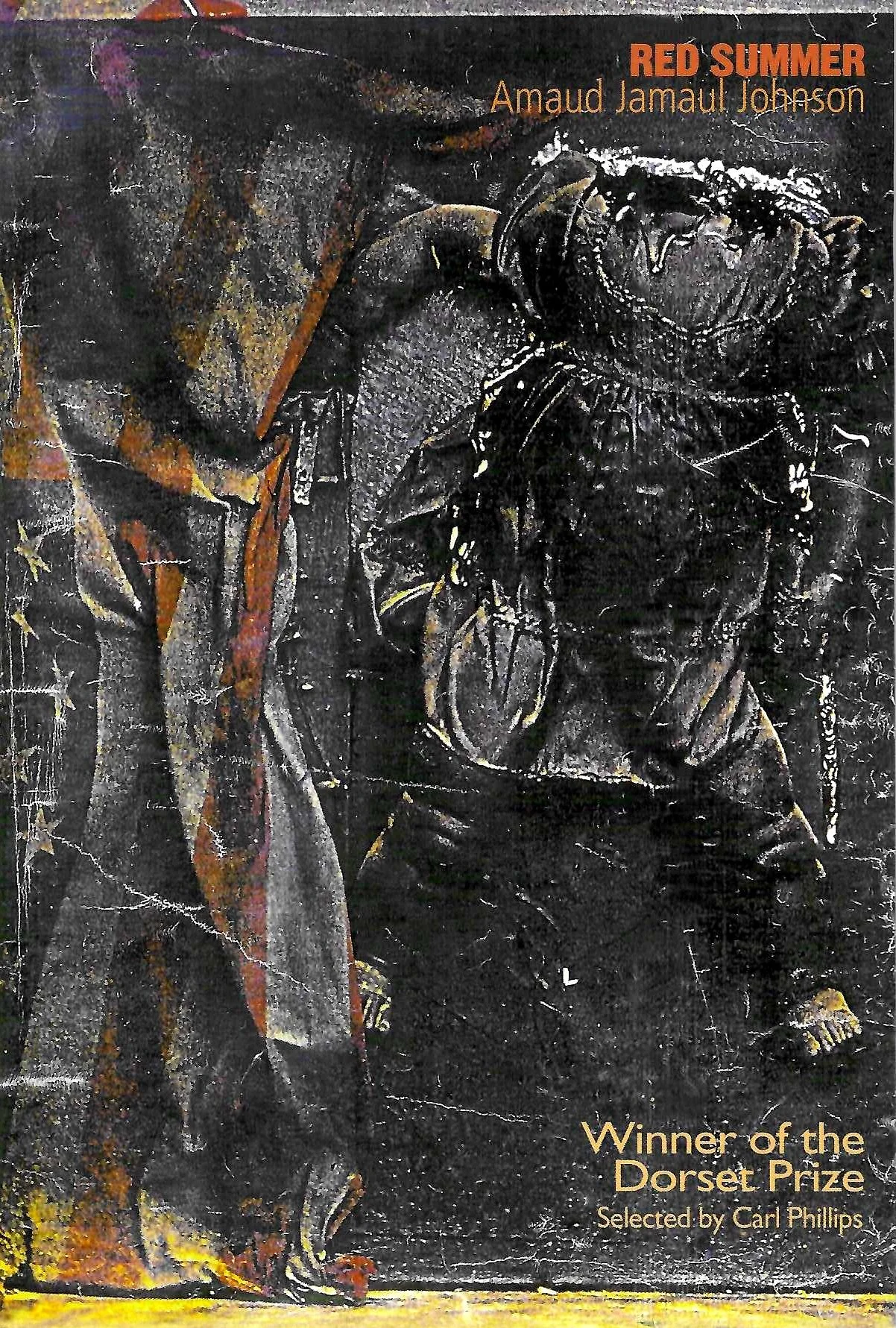Winner of the Dorset Prize for Poetry
“Equally confident within the lyric and narrative modes, Johnson’s Red Summer startles and impresses with its sheer range of vision, at one moment giving us a hushed, confessional poem, at another a poem of public, political consciousness… Johnson speaks from a space he describes at one point as “between gravity and god”—that is, past the provable, material world, but just shy of any clear confirmation of prayer or faith—and it’s a particular kind of faith that these poems at once enact and point to, what Robert Hayden called “The deep immortal human wish,/the timeless will,” the will to believe. Johnson’s poems remind us that the human record is at last a mixed one: violence, shame, betrayal, and fear, but also joy, courage, love and, yes, hope. Red Summer gives us the stirring debut of a restorative new American voice.”
—Carl Phillips, Judge’s Citation
About the Author
Born and raised in Compton, California, Amaud Jamaul Johnson was educated at Howard University and Cornell University. His first book, Red Summer (Tupelo, 2006), was winner of the Dorset Prize. A former Wallace Stegner Fellow in Poetry at Stanford University, his honors include fellowships from the Bread Loaf Writers’ Conference, the Hurston/Wright Foundation, and Cave Canem. He teaches in the MFA Program in Creative Writing at the University of Wisconsin—Madison.
Advanced Praise
“The overall feeling of the book is of waiting, of speakers about to act but frozen in the moment before action. And in that moment is beauty, unspoken yet actual, brought to terrible fruition by speaking in/of the poem[.]”— Vince Gotera, North American Review
In the Capital Times of Madison Wisconsin, Heather Lee Schroeder has written a feature article on Red Summer, illuminating Amaud Jamaul Johnson’s writing process, and how he came to write an award-winning volume of gorgeous poems about the lynchings that gave the summer of 1919 the name “Red Summer.” In it she states:
These lyrical poems offer insight into the summer of 1919, when nearly 100 African-Americans were publicly executed (14 of them were soldiers who served in World War I), even as they illuminate the lives of African-American men today.
Format: paperback
ISBN: 978-1-932195-32-3

